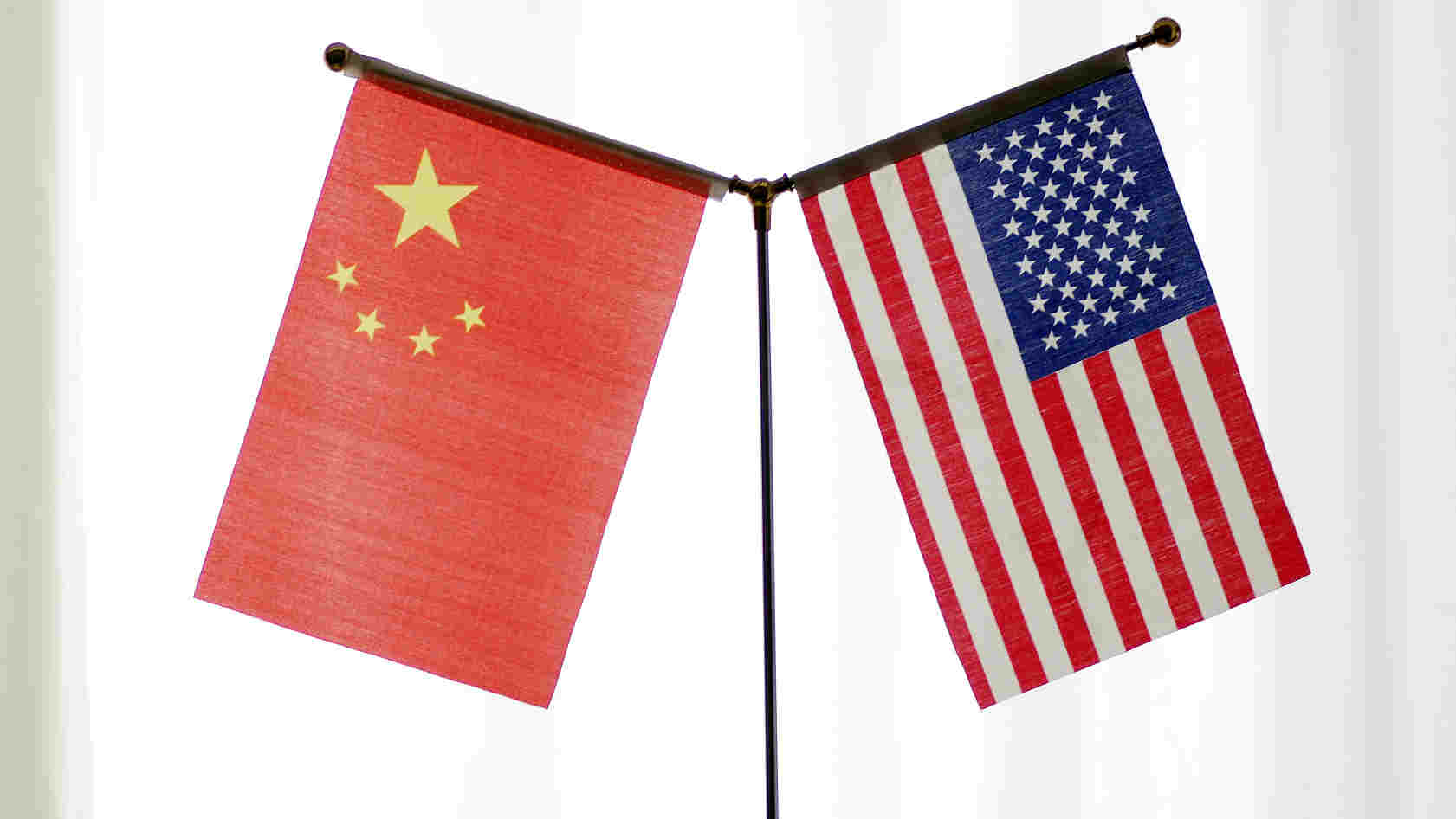win for China, win for the U.S., win for the world.

On January 30, U.S. Trade Representative Robert Lighthizer opened two-day trade talks at the White House with Chinese Vice Premier Liu He, as both sides continued in their commitment to seek an agreement even as the 90-day truce has passed its halfway point.
During Liu's visit, Robert Lawrence Kuhn, a long-time adviser to the Chinese government and leaders, commentator on the politics and economics of China, recipient of the China Reform Friendship Medal, and host of CGTN's program "Closer To China with R.L. Kuhn", was interviewed by CNBC, a leading international business news network, where Kuhn offered an in-depth view on the Sino-U.S. trade conflict.
"Here's why I can be optimistic," said Kuhn, adding that "President Xi and President Trump are both taking active leadership of the dispute, and each leader is making a personal commitment to resolving it. I do not think either would take a public position on the resolution without having high confidence of success."
"Both President Xi and President Trump need a deal for very different reasons." Kuhn continued. "Consider each leader's situation. President Xi is fighting three big battles: containing risk (especially financial risk), poverty alleviation and pollution reduction, along with a slowing economy and the need for further reform, including the complexities of state-owned enterprises (SOE) reform in the face of interest-group resistance – President Xi does not need a protracted trade war."
"President Trump has nervous investors and a volatile stock market on his hands, along with signs of a slowing economy and a welter of political and personal problems. Going into the 2020 election, President Trump too does not need a protracted trade war."
"So, there is a great deal of pressure on both sides — on both presidents — to get a deal done," Kuhn said.
Kuhn went on to list five major issues facing negotiators, beyond the trade deficit, which he said that even many American economists state is overstated in its importance. These five U.S. demands are: (i) further opening Chinese markets (ii) intellectual property protection (iii) cyberespionage and cybertheft (iv) forced technology transfers through mandatory joint ventures and (v) the Chinese government's subsidies of state-owned enterprises and new technologies.
"On some of these, China has made real progress and should be given proper credit, on others, China hasn't and needs to be accountable," said Kuhn.
Kuhn pointed out the progress China has made on intellectual property protection. He said he visited the relatively new Shanghai Intellectual Property Court.
"I met some very smart and tough judges," Kuhn said. "China knows if it doesn't protect intellectual property rights, its own companies are going to suffer and the country can never take a significant role in the world of business."
"China wants Shanghai to be a world center of business, like London and New York and maybe even the first among equals," Kuhn continued. "And for Shanghai to so emerge — in however many years to come — they must protect intellectual property rights. In the past, it has been not-so-easy for the Chinese government to do, because of both the country's stage of development and the nature of society."
With respect to China's technology development plan, Kuhn raised up a blunt question: What's wrong with competition in technology?
He stated that China is not trying to dominate the world through its ambitious plan for technology development as misinterpreted.
Kuhn said: "China is trying to build its own economy, improve the standard of living of its people, and protect the country's own political system. China believes that the social stability provided by its political system is absolutely necessary to elevate the people's standard of living — to give people healthcare and social security and education and all the things that they want — as well as to eliminate all extreme poverty throughout the country, China's stated goal for 2020."
Kuhn stressed, "When I speak to Chinese economists, I hear that some of the primary U.S. requirements — intellectual property rights protection, opening up markets, reductions in state subsidies – are precisely what China needs to do anyway for its own optimal development. IPR protection stimulates innovation and an even playing field for private and state-owned enterprises would mean much-reduced monopolies, government subsidies, cheap loans. The opening of Chinese markets to foreign businesses would stimulate Chinese companies to become more efficient and provide Chinese consumers with better value."
"There is an irony here," Kuhn said, adding that "While the changes the U.S. requests would help the U.S. in the short run, they would help China even more in the long run."
"The big picture," Kuhn concluded "is that a Sino-U.S. agreement would be 'win-win-win' — 'triple win' — win for China, win for the U.S., win for the world."